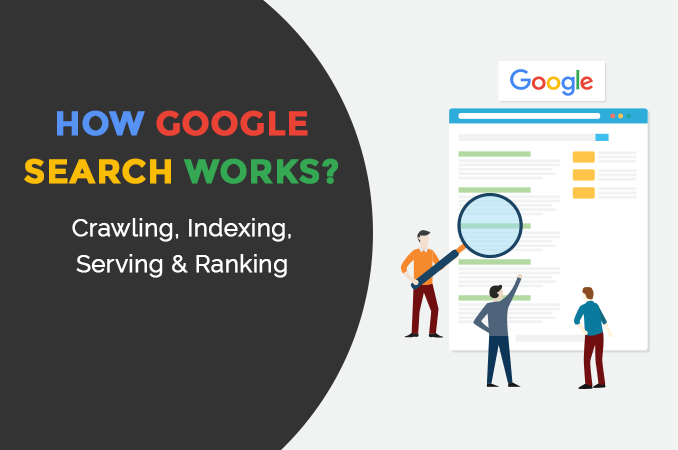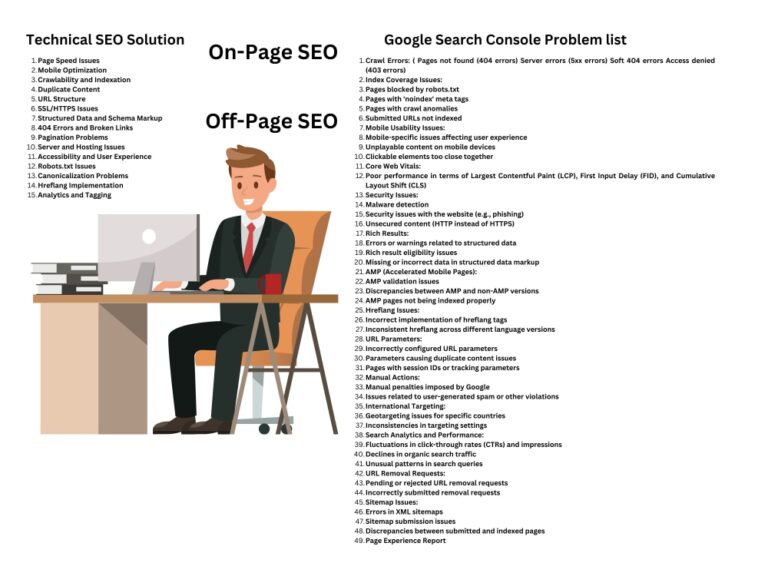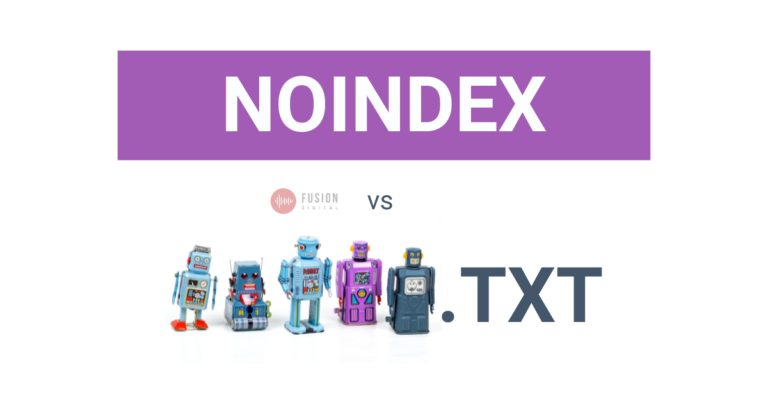Google Freshness Algorithm prioritizes new, updated content in search results. It impacts how web pages are indexed based on their relevance and timeliness.
Understanding Google Freshness Algorithm is crucial for anyone looking to optimize their online presence. This algorithm ensures that users receive the most current information, making it essential for content creators to keep their material updated. Whether you’re managing a blog, news site, or e-commerce platform, staying informed about this algorithm can significantly enhance your visibility on the internet.
By adjusting your content strategy to align with the Freshness Algorithm, you can improve your website’s search engine ranking, attract more visitors, and provide value to your audience with the latest information. Keeping content fresh and timely is not just about pleasing algorithms but also about delivering the best user experience.
Table of Contents

Credit: www.holisticseo.digital
Introduction To Google Freshness Algorithm
Google Freshness Algorithm revolutionizes how we understand search engine rankings. Content freshness now plays a pivotal role in indexing.
The Importance Of Fresh Content
Keeping content up-to-date is essential for online visibility. Fresh information attracts both users and search engine crawlers. Sites with newer content may enjoy higher rankings.
- Boosts user engagement
- Increases site relevance
- Enhances authority on subjects
Brief History Of The Algorithm Update
The algorithm update began in 2011. It changed how search results consider content timeliness. Google aimed to provide the most current information.
| Year | Update |
|---|---|
| 2011 | Initial Freshness Update |
| 2012 | Further refinements |
| 2013-present | Ongoing adjustments |
How The Freshness Algorithm Works
Understanding Google Freshness Algorithm is key for your website’s success. This part of Google’s complex system decides how new or updated content ranks in search results. Let’s dive into how this works.
Signals Of Freshness
Several factors tell Google your content is fresh. These include:
- Publication date: The newer, the better.
- Updates: Changing old content makes it fresh.
- User behavior: More clicks mean more interest.
- Links: New links from other sites help a lot.
Content Types Impacted By Freshness
Not all content needs to stay fresh. But some types do. These are:
| Type | Why It Needs Freshness |
|---|---|
| News | People want the latest stories. |
| Blog posts | Readers seek current information. |
| Guides | Steps or tips must be up-to-date. |
| Product pages | Details and prices change often. |
Remember, keeping content fresh helps it rank better. Update often and watch your site climb in search results.
Impact On Search Engine Rankings
Impact on Search Engine Rankings has become a hot topic. Google Freshness Algorithm plays a crucial role. It decides how new content ranks in search results. Websites must adapt to stay visible. This section explores the effects of freshness on rankings.
Freshness Vs. Relevance
Google aims to provide the most useful results. Freshness and relevance are key. Fresh content may rank higher. But it must also be relevant to the search query. This balance affects how websites update their content.
- New articles can quickly climb search results.
- Older content needs regular updates to stay competitive.
- Evergreen topics are less affected by the need for freshness.
Case Studies: Before And After The Update
Real examples show the algorithm’s impact. These case studies highlight significant changes.
| Website | Before Update | After Update |
|---|---|---|
| News Site | Stable traffic | Increased rankings |
| Blog | Low visibility | Higher traffic with fresh content |
| Forum | High engagement | Mixed results depending on thread updates |
These studies show that content freshness can lead to better rankings. But consistent quality and updates are essential.
Strategies For Staying Fresh
Staying ahead in search rankings requires fresh content. Google Freshness Algorithm rewards up-to-date information. Websites must adapt to maintain visibility. Here are key strategies for keeping your site fresh.
Regular Content Updates
Regular updates keep a site lively. They signal to Google that your content is current. Websites should review and refresh content frequently. This includes updating stats, facts, and articles. A routine audit ensures relevance.
- Blog posts: Add new posts weekly.
- Case studies: Update with the latest data.
- Product pages: Ensure prices and offers are current.
Use tools to schedule and automate updates. This maintains consistency.
Incorporating Trending Topics
Trending topics attract traffic. They show that a site is in tune with current events. Content that aligns with popular searches gains visibility.
- Identify trends using analytics tools.
- Create content that ties trends to your niche.
- Share on social media to increase reach.
Monitor news and social feeds. This helps to spot trends early. Quick action on trends keeps content relevant.
Understanding Content Decay
Understanding Content Decay is crucial for any website owner. Google’s Freshness Algorithm values new and updated content. Old content can hurt your site’s ranking. This is called content decay.
Identifying Stale Content
To keep your website fresh, find old content first. Here’s how:
- Check your analytics for pages with dropping traffic.
- Look for posts not updated in the last year.
- Search for topics that are no longer relevant.
Identifying stale content helps you prioritize updates.
Revitalizing Old Content
Once you find old content, make it fresh. Follow these steps:
- Update statistics and facts.
- Add new images or videos.
- Improve the readability by breaking long paragraphs.
- Include recent keywords to match current search trends.
Revitalizing old content can boost your site’s ranking.
| Task | Benefit |
|---|---|
| Update facts | Makes your content current |
| Add visuals | Increases engagement |
| Improve readability | Enhances user experience |
| Update keywords | Improves SEO |

Credit: www.whitelabeliq.com
Technical Seo And Freshness
Technical SEO and Freshness play a crucial role in how Google ranks web pages. Websites must stay updated to rank well. Google’s Freshness algorithm favors new and timely content. This means websites need to maintain technical SEO to ensure their content gets indexed properly. Let’s dive into the specifics.
Crawling And Indexation
Google uses crawlers to find and index web pages. Fresh content signals crawlers to visit. Here are key points:
- Regular updates keep crawlers coming back.
- Content changes can prompt a re-crawl.
- Page hierarchy guides crawlers through your site.
Sitemaps And Last-modified Headers
Sitemaps list all pages on a website. They help crawlers understand site structure. A Last-Modified header tells crawlers when content changed. Both are essential for SEO.
| Element | Role in SEO |
|---|---|
| Sitemaps | Guide crawlers to new and updated pages |
| Last-Modified Headers | Inform crawlers of content freshness |
Update sitemaps regularly. Use accurate Last-Modified headers. This ensures Google knows about your freshest content.
Measuring Content Freshness
Google’s algorithm values new, up-to-date content. Websites must keep content fresh to rank high. Fresh content attracts more users and signals relevance to search engines.
Tools And Metrics
Track content freshness with the right tools. Use these to stay ahead:
- Google Analytics: See page views and bounce rates.
- Search Console: Check index status and search performance.
- Content Management Systems: Get update reminders and publish dates.
Analyzing Content Performance Over Time
Review past performance to plan updates. Look for trends:
| Timeframe | Engagement | Ranking Changes |
|---|---|---|
| 1 Month | Check for user interactions | Monitor position shifts |
| 3-6 Months | Analyze content lifespan | Identify ranking patterns |
| 1 Year | Assess long-term value | Adjust strategy as needed |
Freshness Algorithm Myths Debunked
Freshness Algorithm Myths Debunked sets the record straight. It addresses common misunderstandings surrounding Google’s Freshness algorithm. Let’s dive into the facts and clarify how it truly impacts SEO.
Common Misconceptions
Several myths cloud the true function of Google’s Freshness update:
- All content must be new to rank well.
- Changing a few words updates the freshness.
- Freshness affects all search queries the same.
These are not accurate. Content value and relevance remain king.
Real Vs. Perceived Impact On Seo
The Freshness algorithm has a nuanced effect on SEO:
| Aspect | Real Impact | Perceived Impact |
|---|---|---|
| Content Age | May influence some searches | Overshadowed by relevance |
| Update Frequency | Less critical than quality | Believed to be a top factor |
| Query Dependence | Varies with search intent | Often misunderstood |
The Freshness algorithm favors recent content for time-sensitive searches. Yet, for evergreen topics, the creation date is less important.
Preparing For Future Updates
Preparing for Future Updates is key in SEO. Google’s Freshness Algorithm influences how content ranks. Understanding and adapting to these changes is vital. A proactive approach ensures your website remains relevant.
Staying Informed On Seo Trends
SEO is ever-changing. Stay updated on algorithm changes. Use trusted SEO news sources. Follow thought leaders in the industry. Attend webinars and conferences. This knowledge helps you adapt quickly.
Building A Flexible Content Strategy
Content must stay fresh and relevant. Develop a flexible content strategy. This includes:
- Regular content updates to keep information current.
- Using content calendars for planned revisions.
- Analytics to track performance and inform changes.
A flexible strategy allows quick response to Google updates. Your site will cater to what users and search engines prefer. Adaptability leads to long-term success in SEO.

Credit: backlinko.com
Frequently Asked Questions
What Is Google Freshness Algorithm?
The Google Freshness Algorithm is a component of Google’s ranking system that prioritizes recently updated or new content for certain search queries, especially those where fresh information is most relevant.
How Does Freshness Impact Search Rankings?
Freshness can significantly impact search rankings for topics that require up-to-date information. Google tends to rank fresher content higher for such queries to provide the latest information to users.
Can Old Content Still Rank Well?
Yes, old content can still rank well if it remains relevant, authoritative, and provides a good user experience. However, regular updates can help maintain its freshness and ranking position.

What Types Of Searches Are Affected By Freshness?
Searches that are affected by freshness typically include recent events, trending topics, and regularly updated information like news articles or frequent data reports.
Conclusion
Understanding Google’s Freshness Algorithm is key for effective SEO. It prioritizes new content, impacting search result rankings. To stay ahead, update your site regularly with relevant, quality material. Keep an eye on algorithm changes to maintain your web presence. Fresh content is a cornerstone of a dynamic SEO strategy.







